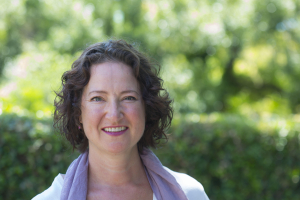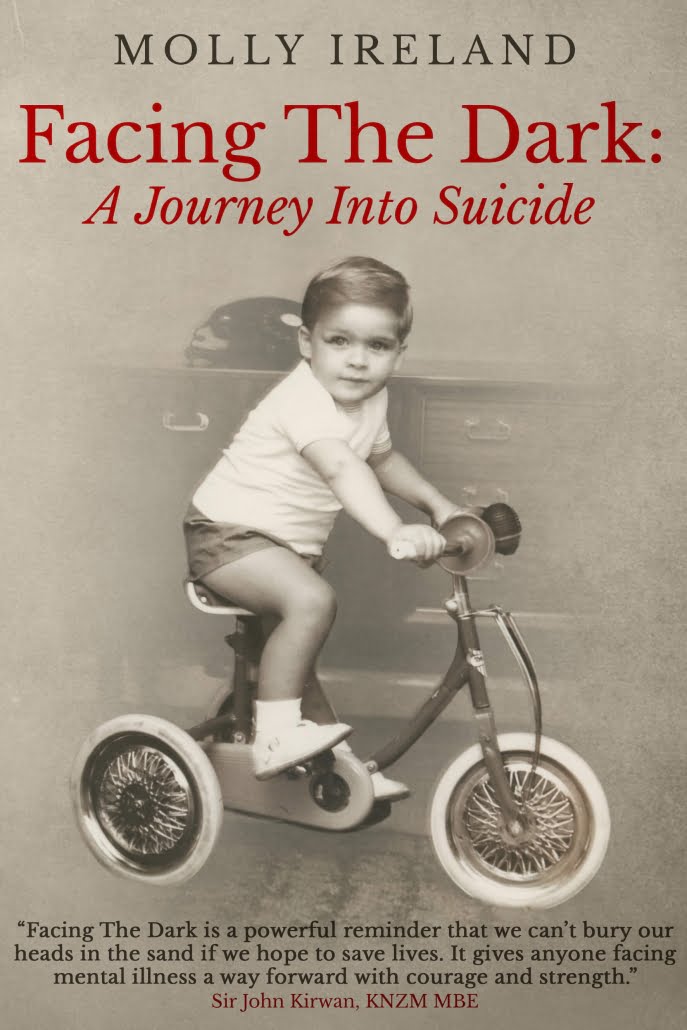Living “At-Cause”
How in charge are you?
A funny question I know.
Most people think they are. Yet, when we look closely at our responses to what happens to us sometimes the reality is very different from the thought.
When a co-worker criticises you, for example, do you stop and reflect on it and decide whether or not it fits with your experience or do you automatically think he’s wrong and blame him or the role he plays? What about when your teen doesn’t pass a school assessment? Do you blame yourself for not being stricter with him or do you attribute it to his ADHD because that’s just the way he’s wired? Most of us, if we’re honest, usually look outside ourselves when situations don’t go as plan. Some people also do this when things do go to plan. But that’s a topic for another post.
We give our personal power away when we attach the “cause” of an event to someone or something outside ourselves.
In externalising “cause,” we focus on how the economy is slowing over how we can change our business structure. We blame the fundamental failings of our ex-partner’s parenting style instead of thinking about what our child needs in the moment. We complain about the weather instead of cheering ourselves up. We ruminate over the inherent rudeness of a co-worker, the bank teller or the other drivers on the road instead of owning our own “bad day.” When we do this, we live vicitimised lives of dis-empowerment.
If I could change one thing in the world, it would for people to believe as is everything that happens to them is actually for their own benefit.
One belief that changes life
According to no fewer than eight major clinical studies dating back decades and covering all age and socio-economic groups, living as if we don’t have much control over our lives is a really bad idea. When we do, we’re quietly zapping our personal power and ultimately our happiness. On the other hand, when we are able to live as if we’re “at-cause,” this one belief positively influences our mental and physical health, the quality of our relationships, our ability to learn new information and skills, and, as a bonus, it also makes us a lot more fun to be around. But the list doesn’t stop there. Click here for more about the research.
Living “at-cause” is the closet thing we have as human beings to a “magic bullet.”
But what does it really mean to live “at-cause”?
It doesn’t mean that we blame ourselves; this is just another way to feel victimised. At-cause – or “in-charge” as some people prefer to call it – means to own absolutely everything that happens to you: good or bad. It means to look at every situation from the perspective of, “yes this has happened, now what can I learn and do differently.”
It puts us in charge of the aspects of our lives that we can control. It clarifies our options. When we do this, we focus on our part, and this sends signals to our entire mind-body system, including the immune system, that there is hope for improvement because, ultimately, we have the last say in how we encounter our lives. And, this is a powerful place from which to live.
If you’re “at- effect” in your life, you tend to wait for things to improve or other people to change.
We’ve all done this at one time or another. We attribute problems to other people and circumstances beyond our control and believe that we have few choices. Living at-effect is not fun or fulfilling, which is part of the reason that at-effect lifestyles are closely aligned with high levels of depression and anxiety.
The reality is that you do have a choice.
But in order to truly live as if you’re “at-cause,” you have to believe that there is some aspect of an event that you can control, regardless of how small – or minuscule – it may seem sometimes. Aspects, such as your reaction or ability to change how you communicate or listen more closely to someone who is struggling, for example. This is what it means to be responsible: to be ABLE to RESPOND. But to respond, we must believe that we have this option in the first place.
Helpful or not?
Now, I want to be clear that I’m not saying that living “at-cause” is true in some existential way, such as whether or not we have free will or not; we could argue back and forth for eternity about whether or not we live in a free will or determined universe and still not find the answer. Instead of debating which one is “true,” however, we need to focus on a different question: is it useful to act as if we’re “at-cause?” And, the resounding answer to that question is YES – as the research conclusively shows.
So, if you’re feeling down about your life at the moment, you aren’t living as if you’re at-cause or at least not fully enough. Get in touch if you’d like to shift this and embrace greater joy and fulfillment in your life.







Trackbacks & Pingbacks
[…] development and effectiveness, it’s the cultivation of self-love. The second one is living At-Cause instead of At-Effect, but that’s for another […]
[…] to life’s ups and downs; you question them. This small but powerful shift places you firmly “at-cause” in your life and begins to pave the way for profound insight and […]
Comments are closed.